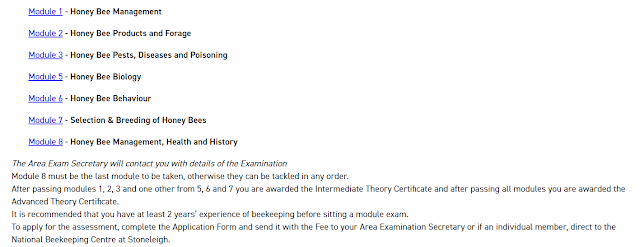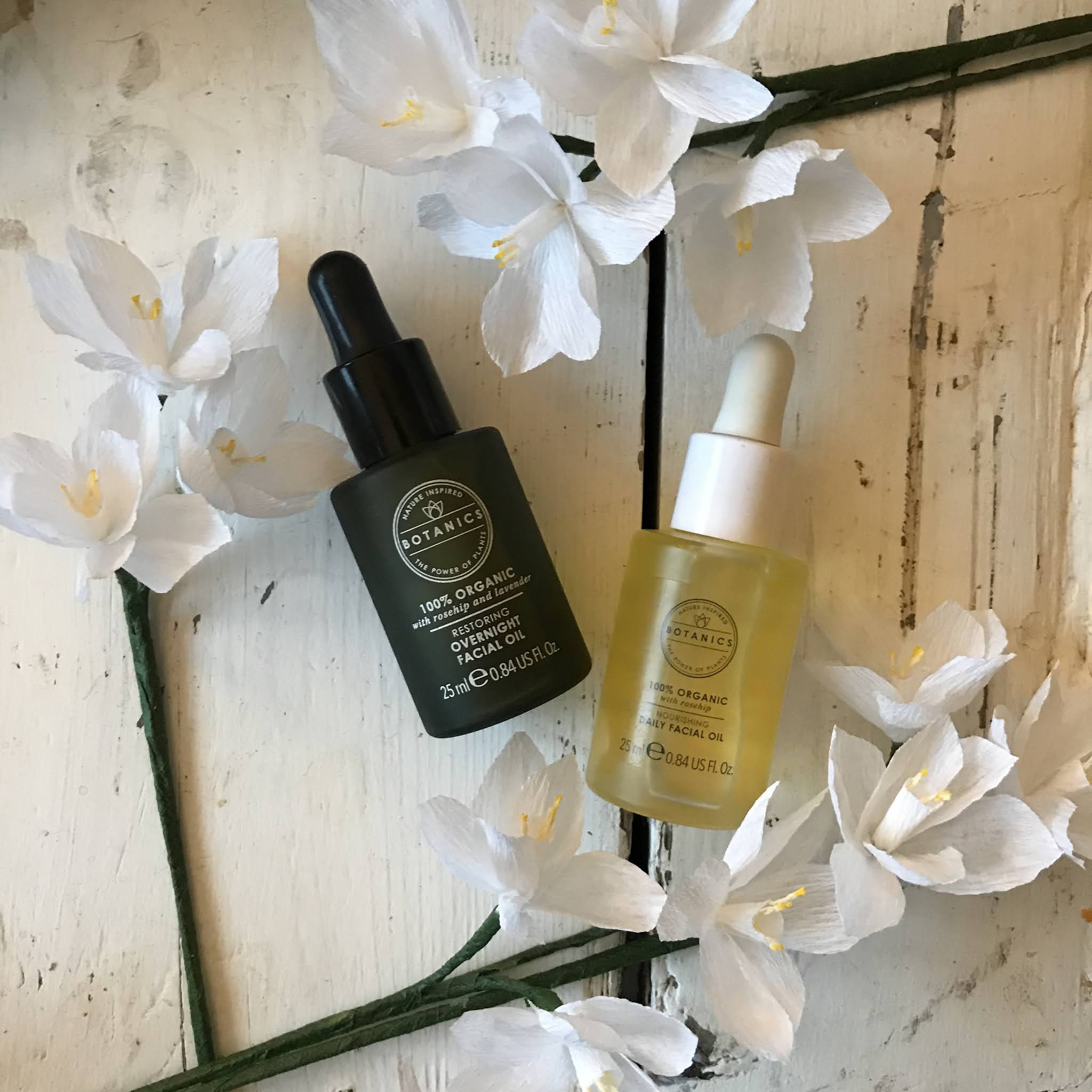BBKA Module 2- Honey Bee Products & Forage
So this was the first of the British Beekeepers Association Modules I decided to tackle. I found it difficult to find people's experiences of the exams so I'm helping this might help people.
My association runs an awesome little winter study group (every other week October- March with a Christmas break) where we break down the syllabus and take it in turns to research and present each week. The idea is though you read on every topic to create healthy debate, although they do say ask 2 beekeepers a question and get 5 answers! The purpose of the groups isn't necessarily to pass the exams but is to expand our knowledge and the exam syllabus is a great way to guide your learning.
Module 2 is Honey Bee Products and Forage and covers a lot of information from plant biology to honey legislation. I found this module massive, there was so much in it, some I already knew about like extracting honey, what forage is around at what time of year but it was a deep dive into preparing wax, different types of honey and the composition of nectar. This was all added to by a heavy topic of legislation and laws surrounding honey production. I loved learning this module, my favourite part was probably learning about plants and flowers, this was a fairly undiscovered topic for me and has actually sparked a real interest in learning about wildflowers. My least favourite the legislation, it is long and boring but is essential for honey produce. There was also a lot of numbers to remember like the melting points, temperatures for clearing honey etc which I find difficult.
The main books I used for this module were:
The Honey Bee Around & About by Celia Davis- her books are great and written in such a user friendly way
Beekeeping Study notes by Yates- now you either love or hate these, I hate them. They're not written in a way I find useful and its full of debates and arguments when I'm very fact driven. However I did refer to it a lot in this module for guidance
National Honey Show Leaflets- not technically books but full of information in a great format. Also great if you're thinking about showing honey products
Working full time and studying for anything is really hard so when I turned up for my exam on a Saturday morning I was hoping I'd revised the right topics and revised enough! I had post it notes all round the house near the light switches, the back of the doors, all in an attempt to cram in everything at every opportunity.
In the exams you get 5 minutes to read the paper first, to me this is odd and something I've never done but it does help you get in the exam mindset and to start thinking about which questions you are going to answer. The exams are split into sections the first is 10 quick questions with one or two word answers, the second section you have to answer 4/5 questions and the last 1/2. As the exam progresses the more marks are available. I didn't struggle with the exam time, some of my fellow study buddies did but I managed to answer it all and have a good 15/20mins to read through at the end. Then you have 6 weeks to wait for the results...
...and the studying paid off as I passed with a credit!
 |
| the modules available, you can sit them in any order you wish but there is a slight order if you;re after the theory certificates |
My association runs an awesome little winter study group (every other week October- March with a Christmas break) where we break down the syllabus and take it in turns to research and present each week. The idea is though you read on every topic to create healthy debate, although they do say ask 2 beekeepers a question and get 5 answers! The purpose of the groups isn't necessarily to pass the exams but is to expand our knowledge and the exam syllabus is a great way to guide your learning.
Module 2 is Honey Bee Products and Forage and covers a lot of information from plant biology to honey legislation. I found this module massive, there was so much in it, some I already knew about like extracting honey, what forage is around at what time of year but it was a deep dive into preparing wax, different types of honey and the composition of nectar. This was all added to by a heavy topic of legislation and laws surrounding honey production. I loved learning this module, my favourite part was probably learning about plants and flowers, this was a fairly undiscovered topic for me and has actually sparked a real interest in learning about wildflowers. My least favourite the legislation, it is long and boring but is essential for honey produce. There was also a lot of numbers to remember like the melting points, temperatures for clearing honey etc which I find difficult.
The main books I used for this module were:
The Honey Bee Around & About by Celia Davis- her books are great and written in such a user friendly way
Beekeeping Study notes by Yates- now you either love or hate these, I hate them. They're not written in a way I find useful and its full of debates and arguments when I'm very fact driven. However I did refer to it a lot in this module for guidance
National Honey Show Leaflets- not technically books but full of information in a great format. Also great if you're thinking about showing honey products
Working full time and studying for anything is really hard so when I turned up for my exam on a Saturday morning I was hoping I'd revised the right topics and revised enough! I had post it notes all round the house near the light switches, the back of the doors, all in an attempt to cram in everything at every opportunity.
In the exams you get 5 minutes to read the paper first, to me this is odd and something I've never done but it does help you get in the exam mindset and to start thinking about which questions you are going to answer. The exams are split into sections the first is 10 quick questions with one or two word answers, the second section you have to answer 4/5 questions and the last 1/2. As the exam progresses the more marks are available. I didn't struggle with the exam time, some of my fellow study buddies did but I managed to answer it all and have a good 15/20mins to read through at the end. Then you have 6 weeks to wait for the results...
...and the studying paid off as I passed with a credit!
 |
| the certificates are pretty fancy |

Comments
Post a Comment